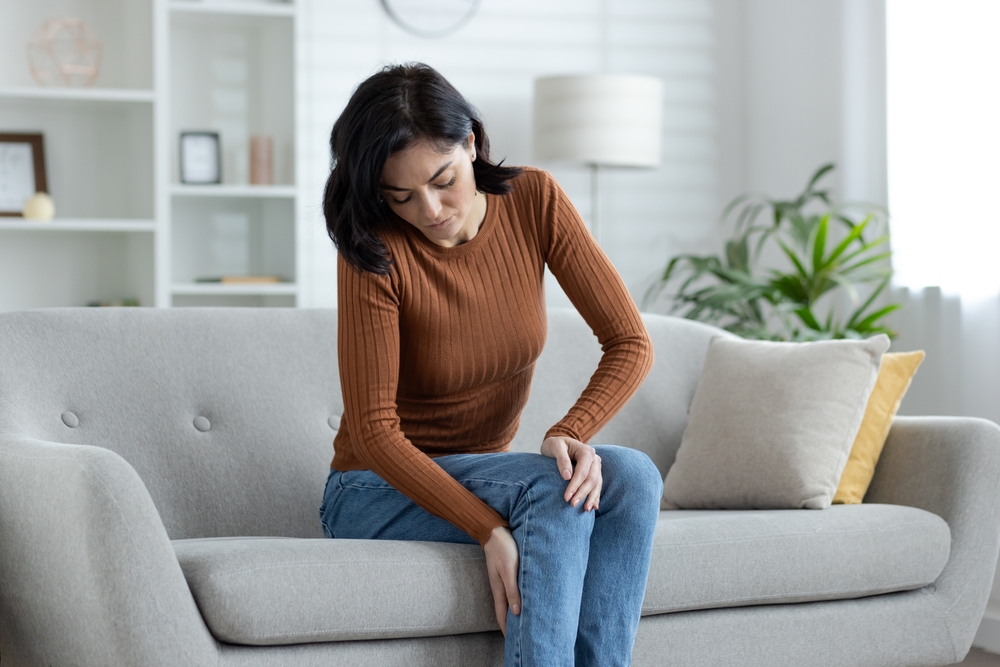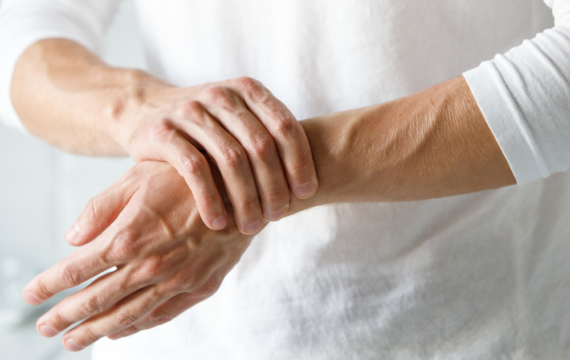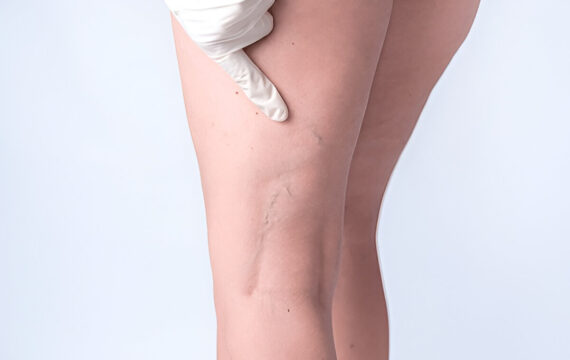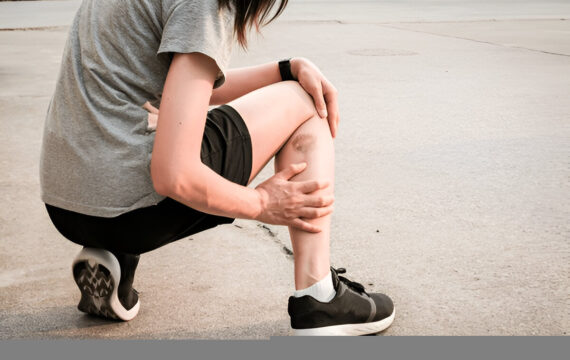Knee pain is a common issue that can affect people of all ages, often resulting from injury, arthritis, or everyday wear and tear. While medical treatment may be necessary for severe cases, many individuals can manage knee pain effectively at home. Harvard Medical School’s experts offer valuable insights into simple yet effective ways to alleviate knee pain from the comfort of your own home.
1. Rest and Avoid Strain
One of the first steps in managing knee pain is to give your knee time to rest. Overuse or excessive strain can worsen pain and lead to further damage. The Harvard doctors suggest minimizing activities that put stress on the knee, such as running, squatting, or lifting heavy weights. Resting the joint allows it to recover and reduces inflammation.
However, complete immobility isn’t always the answer. Instead of complete bed rest, try alternating periods of rest with gentle activities that don’t put pressure on the knee, such as stretching or light walking.
2. Ice and Heat Therapy
Alternating between cold and heat therapy can be an effective way to manage knee pain. According to Harvard’s experts, cold therapy (using an ice pack or a bag of frozen peas) helps reduce swelling and numb sharp pain, making it particularly useful for acute injuries. Apply the cold pack for about 20 minutes at a time, several times a day.
Heat therapy, on the other hand, can help relax and loosen tissues, and is especially beneficial for chronic pain or stiffness. Use a heating pad or warm towel on the affected area for about 15-20 minutes. Just be sure to avoid placing heat directly on any inflammation, as it can worsen swelling.
3. Exercise and Strengthening
While rest is essential, gentle exercise and strengthening activities are just as crucial for long-term relief. Harvard doctors emphasize that strengthening the muscles around the knee, such as the quadriceps and hamstrings, can provide added support and reduce pain. Low-impact exercises like swimming, cycling, and yoga are recommended, as they minimize strain on the joint while promoting flexibility and strength.
Some effective knee exercises include:
- Straight leg raises: Strengthens the quadriceps without putting pressure on the knee joint.
- Hamstring stretches: Increases flexibility in the back of the thigh, reducing strain on the knee.
- Step-ups: Strengthens the muscles supporting the knee while improving balance.
4. Weight Management
Harvard experts highlight the significant impact that body weight can have on knee health. Every pound of body weight exerts extra pressure on the knees, leading to increased wear and tear over time. Losing even a small amount of weight can reduce the stress on your knees, alleviate pain, and improve mobility.
Maintaining a healthy diet and incorporating regular physical activity can aid in weight management and overall joint health.
5. Over-the-Counter Pain Relief
Over-the-counter medications can offer temporary relief for knee pain. Harvard doctors recommend nonsteroidal anti-inflammatory drugs (NSAIDs), such as ibuprofen or naproxen, to reduce inflammation and pain. Acetaminophen (Tylenol) is another option that can help alleviate pain but doesn’t have the anti-inflammatory effects of NSAIDs.
However, it’s essential to use these medications as directed and consult with your healthcare provider before starting any new medication, especially if you have underlying health conditions or are taking other prescriptions.
6. Compression and Elevation
Compression and elevation are simple, yet effective methods for reducing knee pain and swelling. Harvard doctors suggest using a compression bandage or knee brace to provide support and limit swelling. Compression can help stabilize the joint, which may reduce pain during movement.
Elevating your knee above the level of your heart, especially after activity, can also help reduce swelling by allowing fluids to drain away from the affected area. Combine this with ice therapy for added relief.
7. Mind-Body Techniques
In addition to physical treatments, Harvard doctors recognize the importance of mind-body approaches for managing chronic knee pain. Stress and tension can exacerbate pain, so techniques like meditation, deep breathing exercises, and mindfulness practices can be beneficial. These techniques help relax the body and calm the mind, reducing the perception of pain.
Yoga and Tai Chi are also recommended as they combine gentle movement with mindfulness, improving both mental and physical well-being.
8. Dietary Considerations
Nutrition plays a role in managing knee pain as well. Harvard experts recommend including anti-inflammatory foods in your diet, such as fatty fish (like salmon), leafy greens, berries, and nuts. These foods can help reduce inflammation, which is often a contributing factor in knee pain.
Additionally, supplements like glucosamine and chondroitin are sometimes recommended for joint health, though you should consult your doctor before adding any new supplements to your routine.
9. Footwear Adjustments
Your footwear can significantly impact your knee health. Harvard doctors suggest wearing supportive shoes that provide adequate cushioning and shock absorption. Avoid high heels and shoes with poor arch support, as they can exacerbate knee pain. Orthotic inserts may also be beneficial, as they can help align your feet properly and reduce stress on your knees.
Conclusion
Knee pain can be frustrating, but with these home remedies recommended by Harvard doctors, you can effectively manage your symptoms and improve your quality of life. Rest, ice, exercise, weight management, and mindful practices are just a few of the strategies you can implement at home to find relief. However, if your knee pain persists or worsens, it’s essential to seek medical advice to ensure proper diagnosis and treatment.




